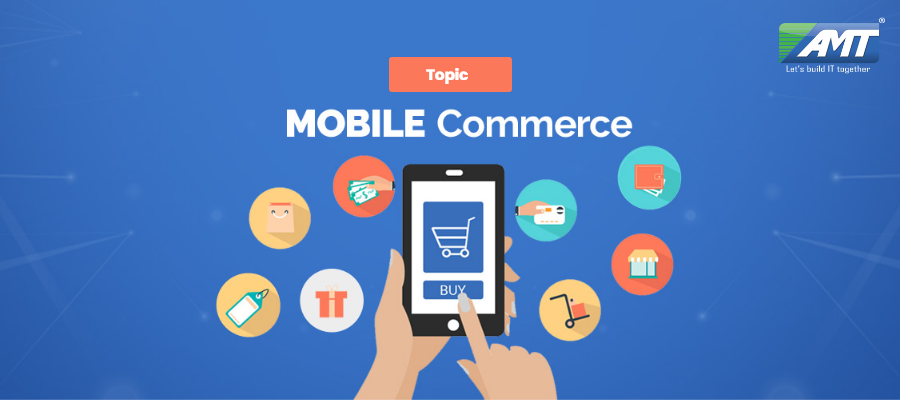The term mobile commerce was originally coined in 1997 by Kevin Duffey at the launch of the Global Mobile Commerce Forum, to mean “the delivery of electronic commerce capabilities directly into the consumer’s hand, anywhere, via wireless technology.” Many choose to think of Mobile Commerce as meaning “a retail outlet in your customer’s pocket.”
Mobile commerce is worth US$800 billion, with Asia representing almost half of the market.
Mobile money transfer:
In Kenya money transfer is mainly done through the use of mobile phones. This was an initiative of a multimillion shillings company in Kenya named Safaricom. Currently, the companies involved are Safaricom and Airtel. Mobile money transfer services in Kenya are now provided by the two companies under the names M-PESA and Airtel Money respectively.
A similar system called MobilePay has been operated by Danske Bank in Denmark since 2013. It has gained considerable popularity with about 1.6 million users by mid-2015. Another similar system called Vipps was introduced in Norway in 2015.
Mobile automated teller machine (ATM) is a special type of ATM. Most ATMs are meant to be stationary, and they’re often found attached to the side of financial institutions, in stores, and in malls. A mobile ATM machine, on the other hand, is meant to be moved from location to location. This type of ATM is often found at special events for which ATM service is only needed temporarily. For example, they may be found at carnivals, fairs, and parades. They may also be used at seminars and workshops when there is no regular ATM nearby.
Mobile ticketing:
Tickets can be sent to mobile phones using a variety of technologies. Users are then able to use their tickets immediately, by presenting their mobile phone at the ticket check as a digital boarding pass. Most numbers of users are now moving towards this technology. Best example would be IRCTC where ticket comes as SMS to users. New technology such as RFID can now be used to directly provide a single association digital ticket via the mobile device hardware associated with relevant software.
Mobile vouchers, coupons and loyalty cards:
Mobile ticketing technology can also be used for the distribution of vouchers, coupons, and loyalty cards. These items are represented by a virtual token that is sent to the mobile phone. A customer presenting a mobile phone with one of these tokens at the point of sale receives the same benefits as if they had the traditional token. Stores may send coupons to customers using location-based services to determine when the customer is nearby. Using a connected device and the networking effect can also allow for gamification within the shopping experience.
Content purchase and delivery:
Currently, mobile content purchase and delivery mainly consist of the sale of ring-tones, wallpapers, apps, and games for mobile phones. The convergence of mobile phones, portable audio players, and video players into a single device is increasing the purchase and delivery of full-length music tracks and video. The download speeds available with 4G networks make it possible to buy a movie on a mobile device in a couple of seconds.
Location-based services:
The location of the mobile phone user is an important piece of information used during mobile commerce or m-commerce transactions. Knowing the location of the user allows for location-based services such as:
- Local discount offers
- Local weather
- Tracking and monitoring of people
- Data driven mashups targeting at a hyper-local level
Information services:
A wide variety of information services can be delivered to mobile phone users in much the same way as it is delivered to PCs. These services include:
- News
- Stock quotes
- Sports scores
- Financial records
- Traffic reporting
- Emergency Alerts
- Location Based Notifications
Customized traffic information, based on a user’s actual travel patterns, can be sent to a mobile device. This customized data is more useful than a generic traffic-report broadcast, but was impractical before the invention of modern mobile devices due to the bandwidth requirements.
The above mentioned is a brief and are some of the services done through Mobile commerce. Watch this space for more updates on the latest trends in Technology.
